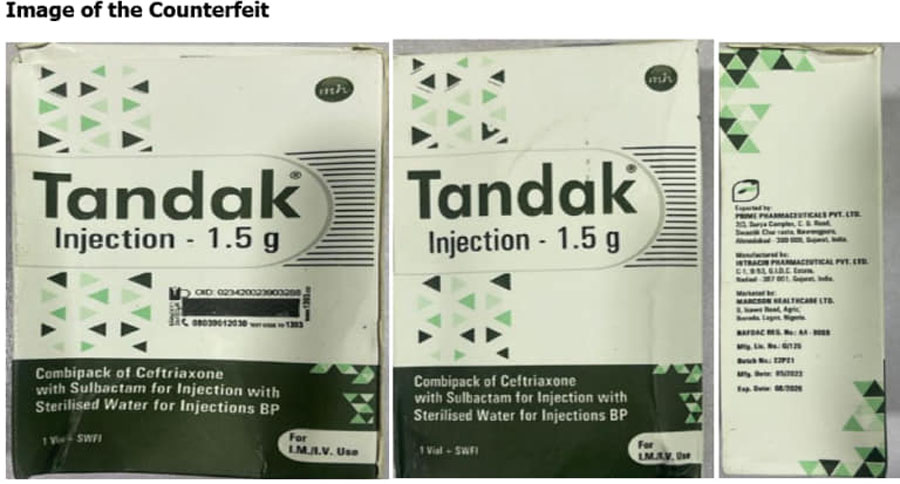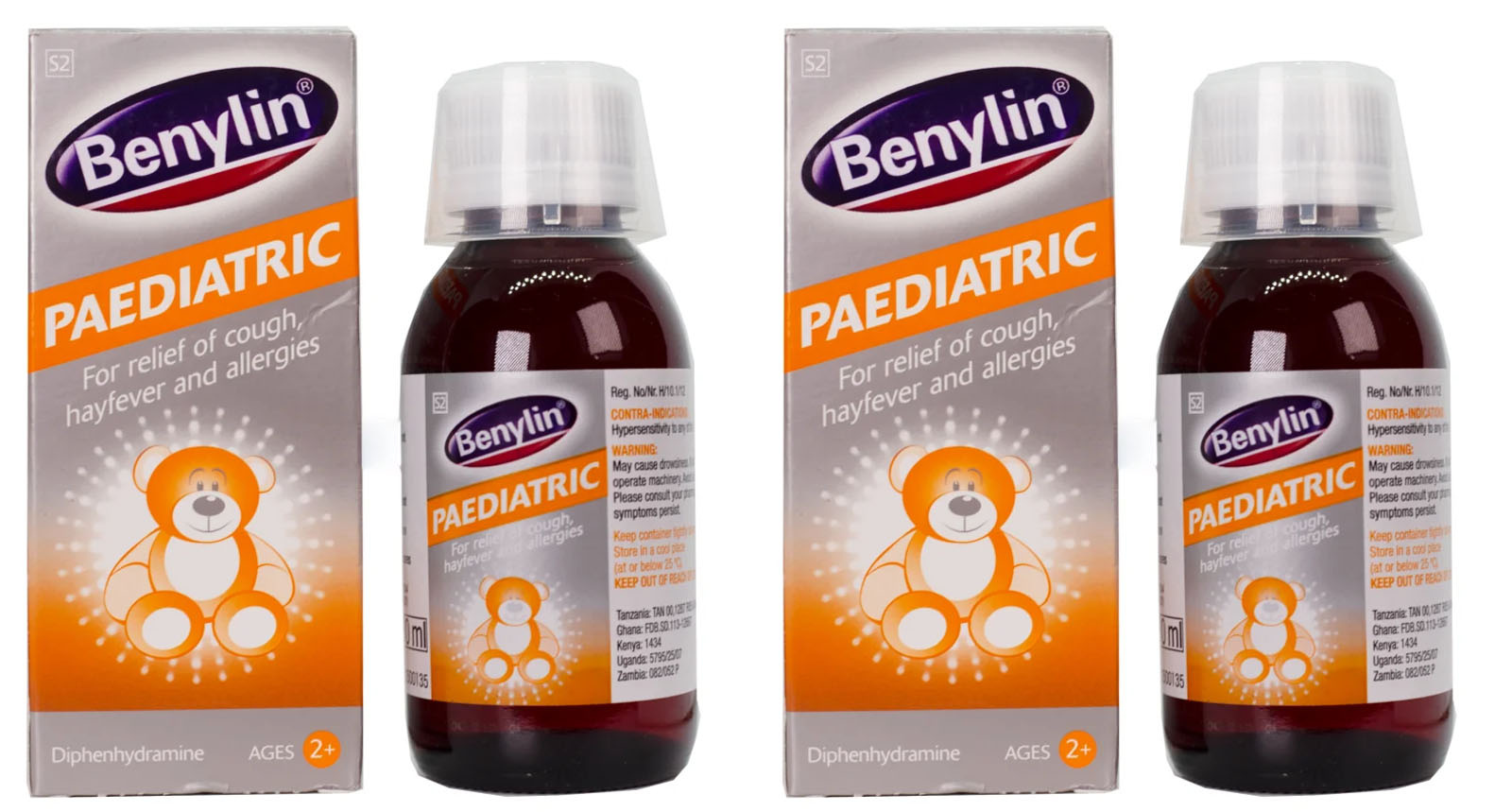Doctors in Nigeria have rejected a proposal by the Minister of Labour and Employment, Dr Chris Ngige, for physicians trained in Nigeria to work in the country for at least nine years before being allowed to migrate.
This is just as Sunday PUNCH observed that the number of Nigerian doctors practising in the United Kingdom had hit 8, 983 as of Saturday and is likely to hit 9,000 this week.
Ngige had during the 2022 budget defence of his ministry at the House of Representatives earlier in the week lamented the effect of brain drain on the health sector in relation to the low cost of medical education in the country.
According to the minister, medical workers trained by the government should be made to sign a bond that would make them serve the country for at least nine years before they can consider relocating to another country.
He had said, “Medical education in Nigeria is almost free. Where else in the world is it free? The Presidential Committee on Health should come with a proposal for bonding doctors, nurses, medical laboratory scientists and other health workers so that they don’t just carry their bags and walk out of their country at will when they are trained at no cost.
READ ALSO:
“In London, it is £45,000 a session for medical education in universities. If you go to Edinburgh or Oxford, you pay $80,000. If you go to the USA you pay $45,000 but if you go to the Ivy leagues, you pay $90,000 for only tuition, excluding lodging. You do it for six years. So, people in America take loans.
“We can make provisions for loans and you pay back. If the government will train you for free, we should bond you. You serve the country for nine years before you go anywhere.”
But the Medical and Dental Consultants Association of Nigeria and the Guild of Medical Directors on Saturday faulted Ngige’s plan.
The immediate past president of MDCAN and a member of the National Executive Council of the Association, Prof. Ken Ekilo, in an interview with Sunday PUNCH faulted Ngige’s proposal about the bond.
According to Ekilo, lots of factors contribute to the brain drain being reported in the country and creating bonds won’t solve them.
He stated, “The minister’s suggestion shows a poor appreciation of the forces at play concerning brain drain in Nigeria. The Nigerian work environment is hostile to the medical doctors and the Nigerian security situation is hostile to Nigerian citizens. Infrastructure is poor, equipment is obsolete, drugs and supplies are out of stock, and the personnel are few, overworked and underpaid.
“There is no sense of job satisfaction, professional growth or commensurate financial reward. These are the push factors, the salaries being offered by the destination countries are irresistible, in addition to perks such as paid holidays, free education for children, sponsorship for training, conferences, and workshops all within the context of a stable society with functional social amenities. These are the pull factors.
“The idea of bonding doctors alone is faulty on several fronts. First, it is not only doctors that are trained at public expense, so the bond will have to be required of anyone who has passed through the public education system in Nigeria.”
He argued that the policy would send the wrong signal to workers, as it will indicate a failure of ideas on the part of government and a resort to coercion reminiscent of countries lacking in social liberty.
READ ALSO:
The doctor argued the policy would encourage emigration through the backdoor and other illegal means would boom as would human trafficking.
“Lastly, the government cannot implement this without infringing on both the doctors’ fundamental human rights and the freedom guaranteed to citizens under the Nigerian constitution. I sympathise with the government, it is not an easy problem to solve and difficult decisions must be made,” Ekilo added.
Also, the National President of the Guild of Medical Directors, Prof. Olufemi Babalola, in a separate interview with Sunday PUNCH said the minister should not propose the idea of a bond seeing as he had said during an interview a while ago that there was no brain drain.
Babalola added, “This is not the way to curb brain drain in the country. I seem to recall that it was this same minister who said there was no brain drain some time ago. The fact that he is proposing this solution would suggest an acknowledgment on the part of the government that we do have a serious crisis on our hands.”
According to him, the average medical graduate seeks greener pastures abroad, not because they do not prefer to stay at home but because conditions are atrocious and salaries are scandalously low for the skill set they possess.
“A medical doctor in government employment in Nigeria today cannot afford to buy a new car. Not even a foreign-used car. That is the extent to which doctors have been debased in Nigeria. Let us address the issues and make the situation much more attractive and they will stay to serve their motherland. You can’t force them,” Babalola said.
The President, Association of Resident Doctors, Lagos State University Teaching Hospital, Ikeja chapter, Dr Azeez Ojekunle, said Ngige’s statement would increase the rate of brain drain in the country.
“We were looking forward to having a panacea for the long-standing massive brain drain, but quite unfortunate that response from such a stakeholder will only inevitably worsen the exodus in a rather geometric pattern.
READ ALSO:
“Such proportion will cause exodus in the early medical career path which currently is more among practising medical doctors and will then progress to medical students who glaringly see the deplorable state of practising environment in the health care sector.
“Even right now, final year medical students are begging to write examination to exit the country as soon as upon completion of their housemanship,” Ojekunle said.
But the Joint Health Sector Union, which comprises all medical professionals who are not doctors, argued that the proposed policy ought not to apply to its members because only doctors received subsidised education.
The spokesperson for JOHESU, Olumide Akintayo, in an interview with Sunday PUNCH said only medical doctors enjoyed the subsidised medical education mentioned by the minister and should have no problem with the proposed bond.
He said, “It is only doctors who enjoy that privilege of subsidised medical education. It is not okay for the minister to include other health workers.”
Recently, there has been a surge in the number of medical doctors leaving the country.
Meanwhile, Sunday PUNCH observed that the number of Nigerian doctors in the UK had risen to 8,983 and is expected to surpass 9,000 this week going by the daily rate of four Nigerian doctors being licensed in the UK per day.
Checks by our correspondent showed that at least 264 doctors had been licensed by the UK General Medical Council in the last 53 days, an average of 4.6 Nigerian doctors per day.
A check on the website of the council showed that as regards the number of foreign doctors working in the UK, Nigeria comes third, only behind India and Pakistan which have 30,388 and 15, 962 doctors respectively operating in the UK.
The statistics also showed that between November 13, 2020, and November 12, 2021, the number of Nigerian-trained doctors in the UK had risen by 932.
Punch
Related









































